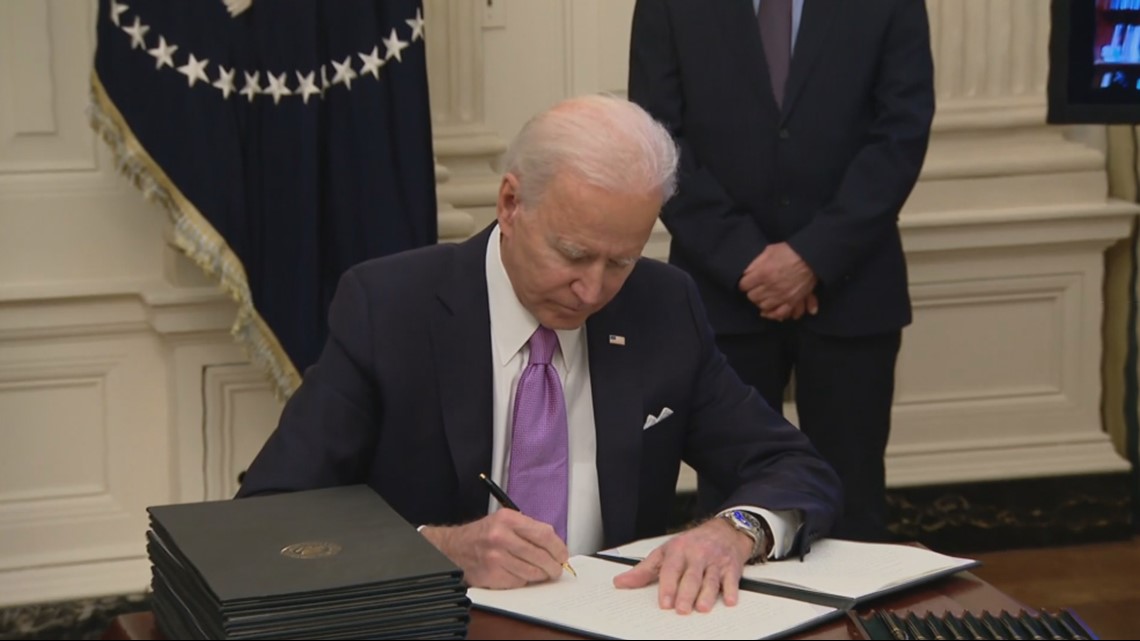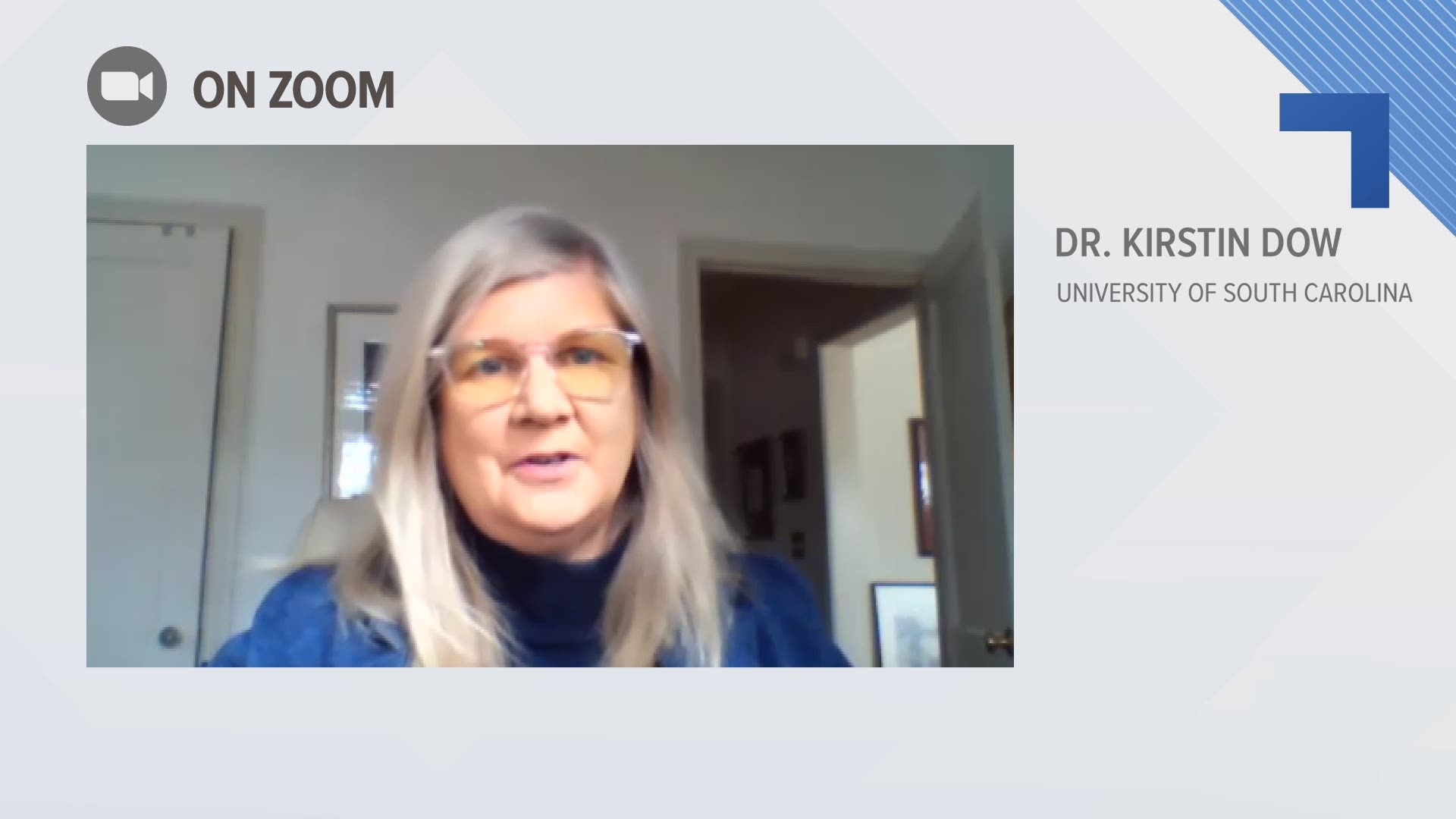Shortly after President Biden took office he signed a series of executive orders, including one to have the United States rejoin the Paris Agreement. The move will become official 30 days after the order was signed.
Initially adopted by 196 parties in Paris on December 12, 2015, the Paris Agreement aims to reduce greenhouse gas emissions.
Dr. Kirstin Dow from the University of South Carolina tells News 19 that it is important that the US rejoin this treaty. "The US needs to be part of that conversation because historically we are the largest greenhouse gas emitter," Dow tells News 19. "We are the second largest gas emitter following China on an annual basis right now."


The goal of the agreement is to limit global warming to below 2 degrees Celsius compared to pre-industrial levels. Ideally, warming will stay below 1.5 degrees Celsius.
The agreement also emphasizes increasing adaptability to climate change and increasing our resilience to major weather and climate events. Solutions to this challenge range from having better emergency management to better long-term planning investments. Supporting smaller, developing countries and more vulnerable populations will also be a priority.
Dr. Dow tells News 19 an example of adapting to a warmer climate that is a famous discussion in South Carolina is whether or not to build a sea wall along the Charleston peninsula, protecting the city from rising waters.
In the central Midlands, extreme heat will continue to be a concern. Making sure cooling stations are available will be vital as summers grow longer.
While rejoining this agreement will not bring immediate change to our daily lives, it will point us in the right direction to combat climate change on both a global and local scale.
The next meeting of parties of this agreement will be in November in Glasgow at the 2021 United Nations Climate Change Conference. There, parties will establish and accelerate actions towards meeting the goals set in place in the Paris Agreement.

